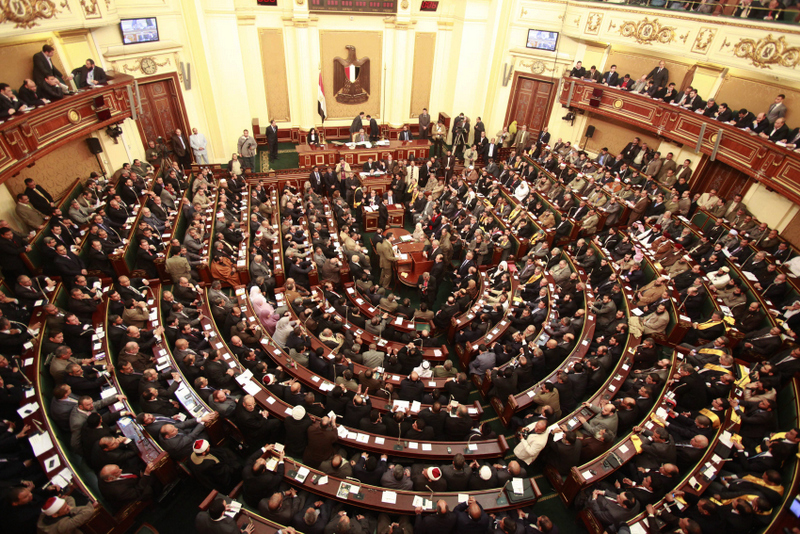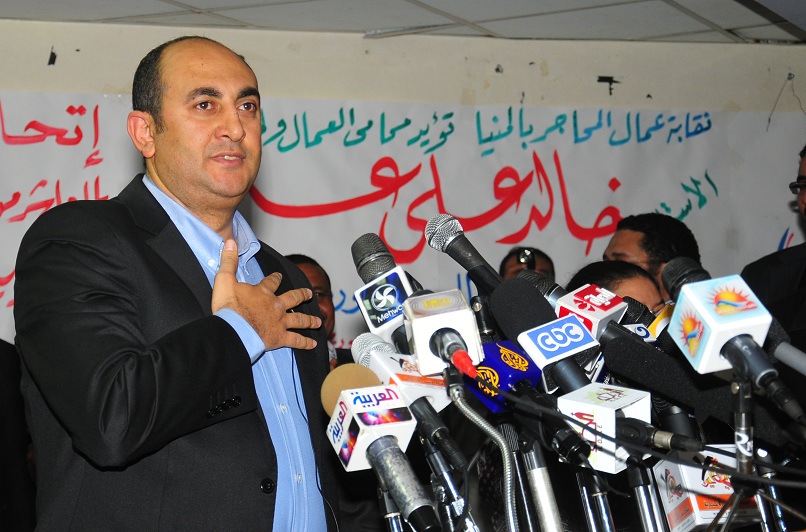2 phases of Galleria project to be completed in 2015: Chairman
Prices of apartments have increased by approximately 15% in 2014, and are…
Families’ maximum income rose to EGP 3,000 per month in Mortgage Finance Law
Amendments will benefit applicants for 1m residential-unit project, housing minister says
Arabtec to start building 120,000 residential units February
UAE stresses it will fully fund the 1m residential-unit project, Abo Hashima…
Egypt enters Guinness record with the world’s largest Koshary plate
Disappointment hit some due to bad organisation, while others found it satisfying
Al-Wafd Party aims to compete with former PM in parliamentary elections
Party joined 19 political parties into one electoral coalition to face Kamal…
Revolutionary figures angered by media claims of opposition government in Germany
Activists and prominent figures deny unsubstantiated report in Al-Masry Al-Youm
Al-Sisi in Abu Dhabi for high-stakes energy summit
UAE allocated more than $10bn in development aid to Egypt in 2014…
Faten Hamama’s shining star fades away
Hamama closed her eyes for the last time last on Saturday at…
Dollar value rises to EGP 7.19, further 5% devaluation expected
Government faces pressure to combat black market before the March Economic Summit
UN Population Fund, Egyptian government to ‘re-energise reproductive health, youth policies’
15-year strategic plan set in place








